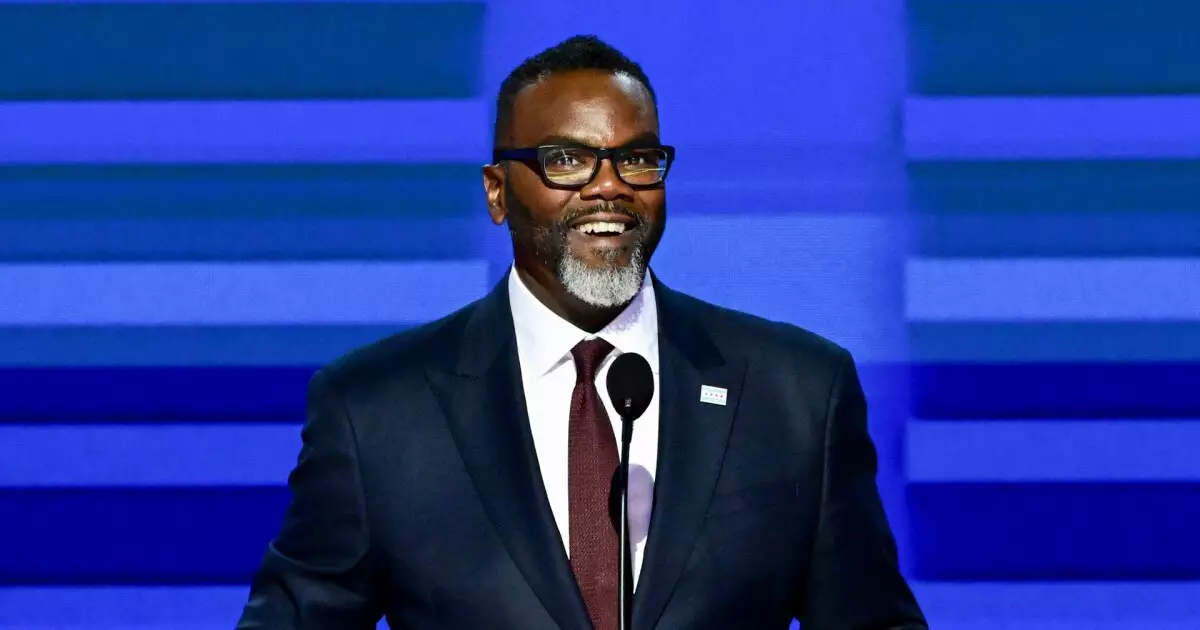The Chicago City Council’s recent decision to approve a refinancing plan for $1.5 billion of the city’s debt is a significant move given the city’s financial landscape. With an intention to issue new bonds by the fourth quarter of 2024, this initiative is seen as a critical strategy to manage Chicago’s mounting financial burdens and optimize fiscal responsibility. However, the choice has not come without its critics and concerns over transparency and the overall impact on the city’s long-term financial health.
The council’s approval came after an initial postponement and a substantial debate, ultimately resulting in a 35-12 vote in favor of the plan. This establishing of a refinancing structure is expected to lower the average interest rate on existing debt from 5.62% to an estimated 3.75%. The refinancing will include about $850 million in General Obligation (GO) bonds callable as of January 1 and a tender offer for approximately $500 million. Mayor Brandon Johnson’s administration has heralded this measure as a proactive step towards sound fiscal management that is projected to generate $110 million in present value savings for the city.
Yet, while these figures appear optimistic, it’s essential to scrutinize the implications of such refinancing. Critics, including those from Municipal Market Analytics, highlight the diminishing financial flexibility that the city is grappling with. Although the refinancing offers immediate relief through reduced interest payments, there is an undercurrent of concern regarding the permanency of these fiscal improvements when the underlying structural challenges remain unaddressed.
During the council meeting, several authorities expressed reservations about the decision. Alderman Raymond Lopez voiced skepticism, suggesting that the refinancing might simply defer deeper financial issues for future decision-makers and questioning the transparency surrounding the refinancing specifics. “Why would we say no?” Lopez queried, highlighting missed opportunities to leverage potential savings from financial institutions. This sentiment of foreboding is echoed by various financial experts regarding the efficacy of using one-time financial maneuvers to fill persistent budget holes.
The broader implications of refinancing extend beyond short-term cash flow adjustments—they suggest a pattern of reliance on temporary fixes rather than developing a sustainable financial strategy. Critics fear that lacking clarity around the refinancing structure could lead to other inefficiencies in managing the city’s debt, emphasizing the need for genuine transparency in financial transactions that directly affect taxpayers.
The lack of communication with dissenting council members has further exacerbated tensions, leading to strained relations between the city’s finance team and some aldermen. Chief Financial Officer Jill Jaworski attempted to assure stakeholders that the refinancing deal would strictly be used for debt cost-saving measures. Still, these assurances do little to mitigate worries that mechanism loopholes could be exploited for non-targeted expenditures.
Illinois Comptroller Susana Mendoza had also echoed these concerns, referencing a lack of transparency that dwarfs trust in financial dealings. An assertion from her office pointed out that transparency should have been prioritized to honor the city’s taxpayers and reinforce their trust in local governance. An emphasis on straightforward mathematical projections regarding projected savings, along with complete accountability within the financial structuring of the refinancing, could significantly contribute to a more sustainable financial environment.
The dilemma Chicago faces is emblematic of a broader national trend where municipalities leverage debt refinancing as a surface-level remedy for deeper fiscal deficits. While immediate financial relief is welcome, long-term repercussions of such decisions can be serious if foundational structural issues remain unaddressed.
As Fitch Ratings and other agencies have already indicated stability in their ratings for the city, it becomes increasingly vital to balance fiscal practices with forward-thinking economic strategies. Financial authorities must ensure that measures taken today do not lead to burdensome liabilities in the years to come.
The Chicago City Council’s decision to refinance its debt illustrates both the potential benefits of smart fiscal strategies and the complexities associated with them. As city officials navigate this challenging terrain, it is crucial for them to focus on long-term sustainability rather than short-term fixes. Comprehensive financial reform and clear, transparent communication with all stakeholders will be necessary to foster resilience in the city’s financial health and instill confidence among taxpayers moving forward.

